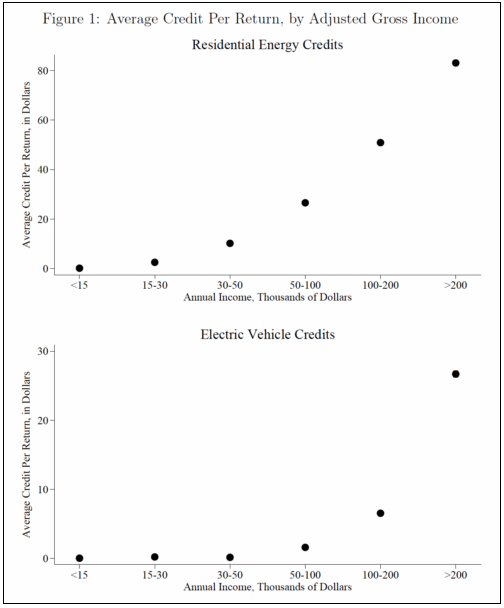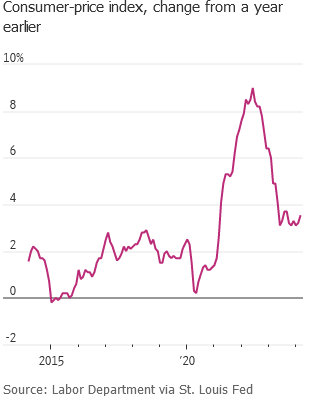Progressive-Democrat Vice President and Progressive-Democratic Party Presidential candidate Kamala Harris is a woman of verbally flexible policies.
At a 2020 primary campaign town hall, Harris had this position:
There’s no question I’m in favor of banning fracking. And starting with what we can do on Day One around public lands, right?
In today’s Presidential campaign season, she’s claiming to not be opposed to fracking. After all, [o]ne important swing state, Pennsylvania, is the second largest producer of natural gas.
Following the George Floyd murder and subsequent race riots (many of which victim neighborhoods still have not recovered from them), Harris was a zealous supporter of defunding police departments.
Defund the police, the issue behind it is that we need to reimagine how we are creating safety.
…
For too long, the status quo thinking has been, you get more safety by putting more cops on the street. Well, that’s wrong, because by the way, if you wanna look at upper middle class suburban neighborhoods, they don’t have that patrol car.
Now she’s pushing funding police departments.
On illegal aliens flooding across our borders: when a debate moderator asked, in a 2019 Progressive-Democratic Party Presidential primary campaign debate, whether they [the candidates] would be in favor of decriminalizing border crossings, Harris signaled her agreement with such a decriminalization. Then, post-election, Progressive-Democrat President Joe Biden gave Harris the job of being border czar (the press’ term, which in their own convenient flop, they’re trying to deny they ever used), and Harris has acted on her decriminalization position by…doing nothing regarding tightening border security.
Now, during this campaign season, Harris is claiming to be supportive of tightening border controls.
Progressive-Democrat President Joe Biden is in on the scheme of claiming altered positions at political convenience:
White House officials told Politico that these shifts are part of a strategy to undermine the argument that she is a leftist politician, a reputation they believe stems from the positions she took in the 2020 Democratic primary, but which they say do not truly represent Harris’ positions.
Of course, they are her positions, though. Harris was saying what she actually believed when she pushed those earlier positions. Today, she’s merely covering her political behind and pretending to espouse these “changes” purely for her political gain in an election year. Keep in mind those earlier positions; they’re what she will work to implement if she’s elected.


